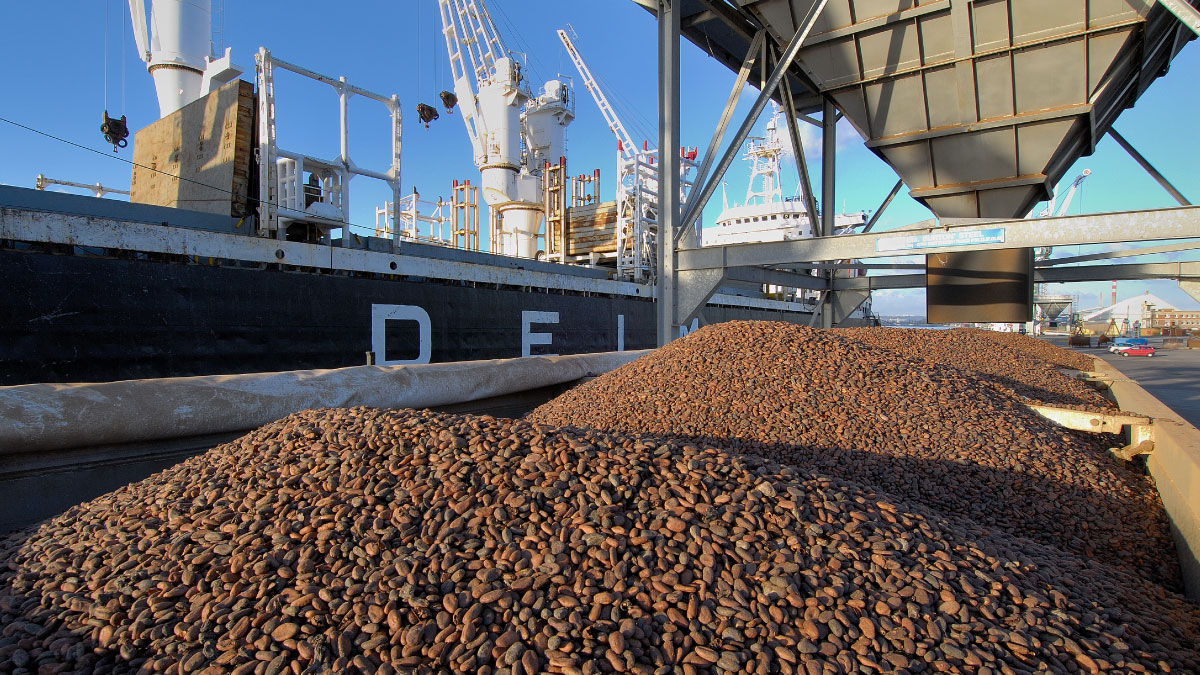
Amid growing concerns over global inflation and anticipated recession, discussions around commodity prices in companies’ earnings call transcripts rose by 34% in Q3 2022 compared to Q3 2021, finds GlobalData, a leading data and analytics company.
GlobalData’s, ‘Company Filings Analytics – Trends & Signals Q3 2022’, report reveals that discussions around commodity prices were highest in the oil & gas industry, followed by mining, construction, power, automotive, consumer, and banking & payments.
Excluding power and retail industries, where sentiment around commodity prices increased by 2% and 4% year-on-year (YoY) respectively, all the remaining industries saw a fall in sentiment.
Misa Singh, Analyst at GlobalData, said: “The rise in commodity prices is driven by an anticipated global recession, the impact of tightening global monetary policies on commodity demand, and concerns over the global oil and gas inventories reaching below their pre-pandemic five-year seasonal levels.
In addition, the ongoing Russia-Ukraine conflict caused a volatility in commodity prices and product shortages. As a result, the supply and demand gap is widening, putting pressure on the world economy.”

Companies in the oil & gas industry, like Beach Energy, mentioned that the rise in commodity prices is leading to an increase in royalties and third-party purchases, driving cash costs higher. PHX Minerals also discussed a 33% rise in production tax due to higher realized commodity prices.
ATI, a mining company, indicated elevated inventory levels due to surging commodity prices. However, Alliance Resource Partners discussed increased adjusted EBITDA* (earnings before interest, taxes, depreciation, and amortization) from royalties due to the combined effect of an increase in royalty sales and higher commodity prices.
Banking & payment company CrossFirst Bankshares mentioned portfolio performance being affected by an increase in commodity prices and short-term interest rates, supply chain disruptions, and employee wages. In the automotive industry, companies like Minda discussed the burden on sales due to the rise in commodity prices.
In the retail industry, Somany Home Innovation and Wesfarmers mentioned increased margins owing largely to higher commodity prices.
Misa added: “Meanwhile, EnerSys mentioned alternate sourcing and increased stockpiling of essential raw materials to mitigate the impact of elevated commodity prices. Portland General Electric discussed its regulatory mechanisms and hedging strategies to deal with volatility in commodity prices.”
Across other industries too, companies discussed strategies to deal with commodity price inflation and volatility. For instance, an oil & gas company, Crescent Energy planned to execute a maintenance-level development program to deal with the rising commodity prices. On the other hand, Golden Minerals, a mining company, mentioned cutting back the usage of raw materials to offset the impact of commodity price rise on operating costs.
Misa concluded: “Unlike in the last few quarters when the power companies suffered lower gross margins due to volatility in the commodity prices, the most recent quarterly earnings call transcript indicates more stability in price values.”
*EBITDA is the profit an individual or business makes before deducting expenses like interest, taxes, depreciation, and amortization.


